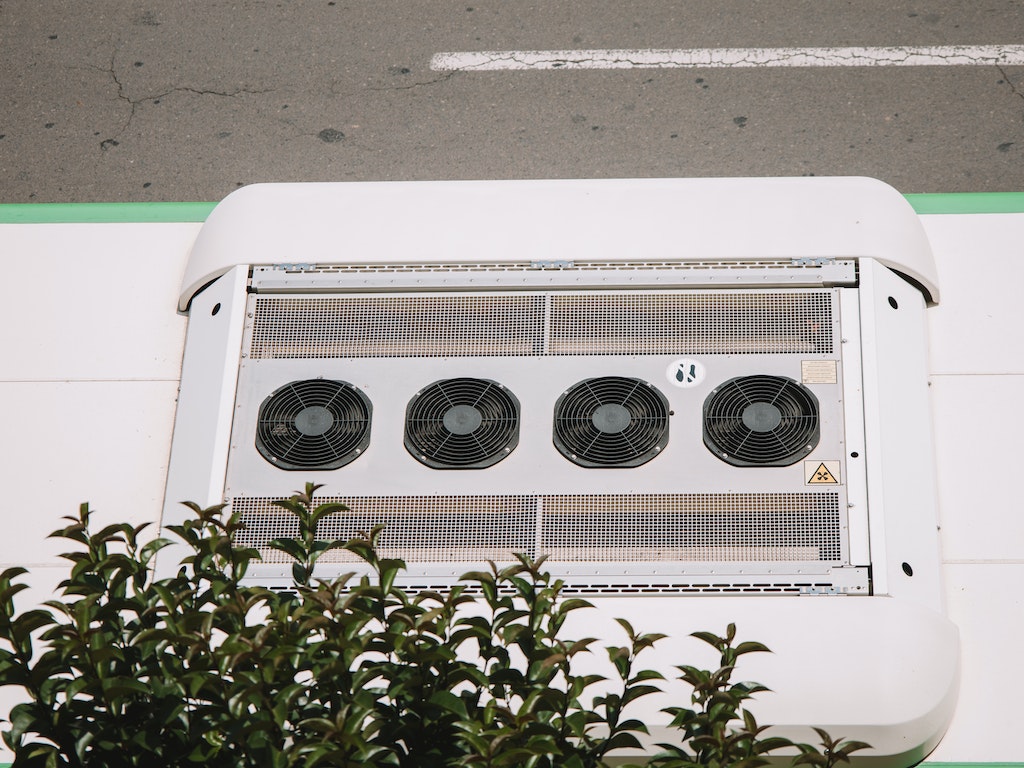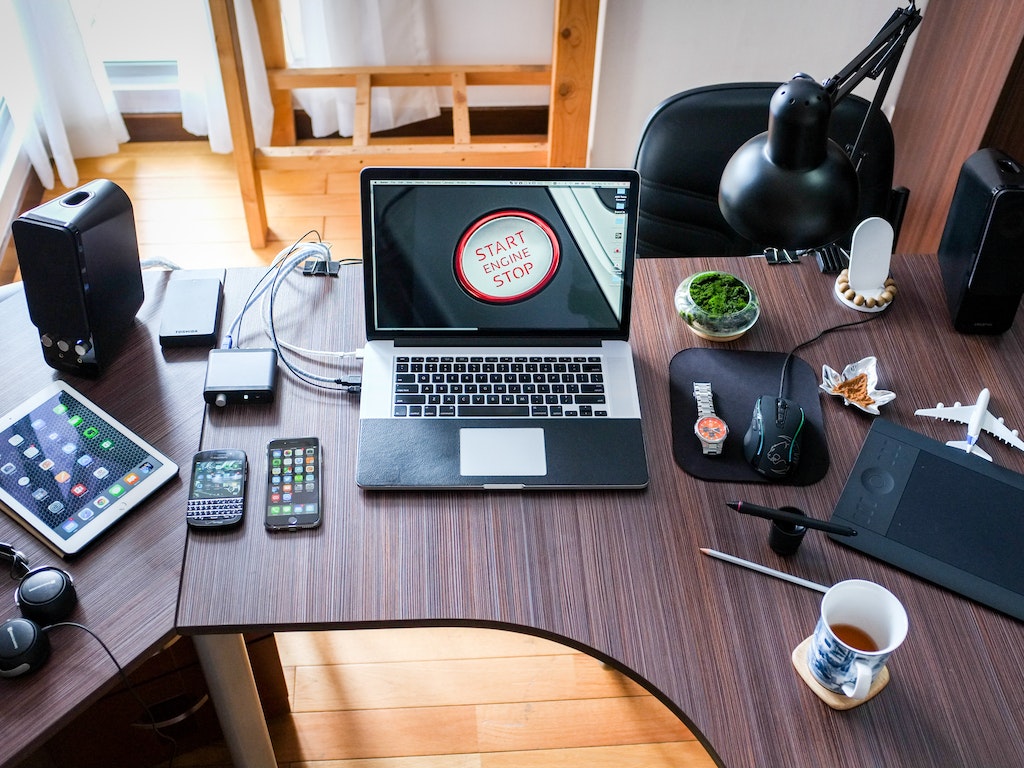
When it comes to devices and machines, the first thing people look for is energy efficiency. It’s no different for HVAC systems, which can account for a sizable portion of a home’s energy costs.
An energy-efficient HVAC unit uses less energy to operate, and you’ll save money in the long run.
An HVAC system’s energy efficiency depends on a variety of factors. Everything from the type of system to how it is maintained can impact its consumption. As a result, even minor adjustments to an existing system can help to increase its efficiency.
Here are ten ways to make your HVAC unit more energy efficient.
Upgrade an Old System
This is an excellent choice for large, energy-intensive systems that have been well-maintained throughout their lifetime. You can upgrade the system’s compressor, install condenser fan controls, and install air-side economizers to take advantage of the cool air outside.
Increase Insulation
Ensure your house is insulated correctly if you want the most energy-efficient residential HVAC system possible. This reduces the possibility of air leaking out. The unit won’t have to work as hard to heat and cool your home if you insulate your home and the ducting properly.
Avoid Duct Leakage by Using Aeroseal Duct Sealing
When you connect an energy-efficient HVAC unit to a leaky duct system, you ultimately defeat the purpose by allowing air to escape before it reaches the inside of your home. Any cracks and holes can be quickly filled with a product like Aeroseal, preventing further air leakage.
Install Programmable Controls and Thermostats
Programmable thermostats and controls help you get the most out of your energy-saving HVAC units. These systems enable the temperature to be automated so that it can change depending on the time of day, relieving the HVAC system of some of its workload. A simple change in temperature during the day when no one is home can drastically reduce your spending on utility bills.
Maintain the System’s Airflow
It is critical to keep your HVAC unit free of dust and debris to maintain an energy-efficient unit. Dust, dirt, and debris can all clog a system, forcing it to work harder to push hot and cold air out.
Ensure that no furniture or curtains are blocking any of the air vents, as this could prevent air from flowing smoothly and efficiently.
Use Curtains and Blinds
When it’s hot outside during the summer, closing your curtains during the day will keep your house cool by blocking out some of the heat. Alternatively, opening the curtains during the winter will allow even the smallest amount of sunlight to enter and naturally warm your home, reducing the time your HVAC system is required to operate.
Place the Unit in A Shady Area
When an HVAC system is installed in a location with excessive sunlight, it may overheat and require more energy to cool your house. Placing it against your home in an area that receives only a little sunlight will allow it to keep a consistent temperature and not use as much energy.
Determine the Proper Duct Sizing
Your HVAC system’s ductwork runs throughout your home, assisting in the distribution of heated and conditioned air. As a result, you must select the appropriate size of ductwork.
Small ducting reduces the airflow and overall performance of your HVAC system. Whereas if the ducting is too big, it will lead to air leakage, and your HVAC system will have to work harder to heat and cool the entire house.
Think About Duct Design
The layout of your ductwork is crucial if you want your HVAC system to cover your entire home. Beyond size, other factors that affect how the air flows through the system include the ducting’s shape, number of bends, and general layout.
The HVAC system will have to work harder to move air throughout the house if there are greater distances to travel or more bends in the design, and some air may get lost along the way to the various rooms.







